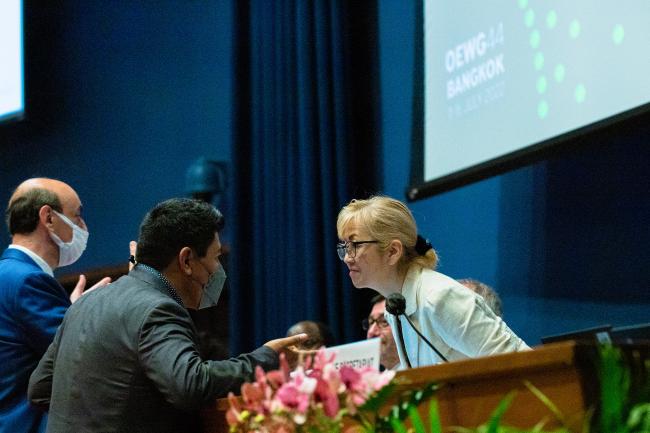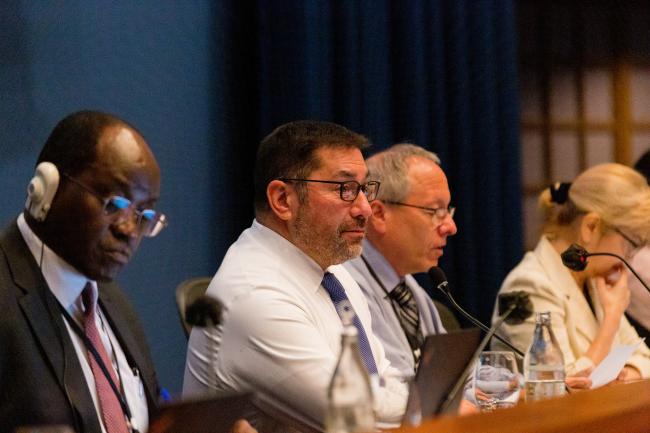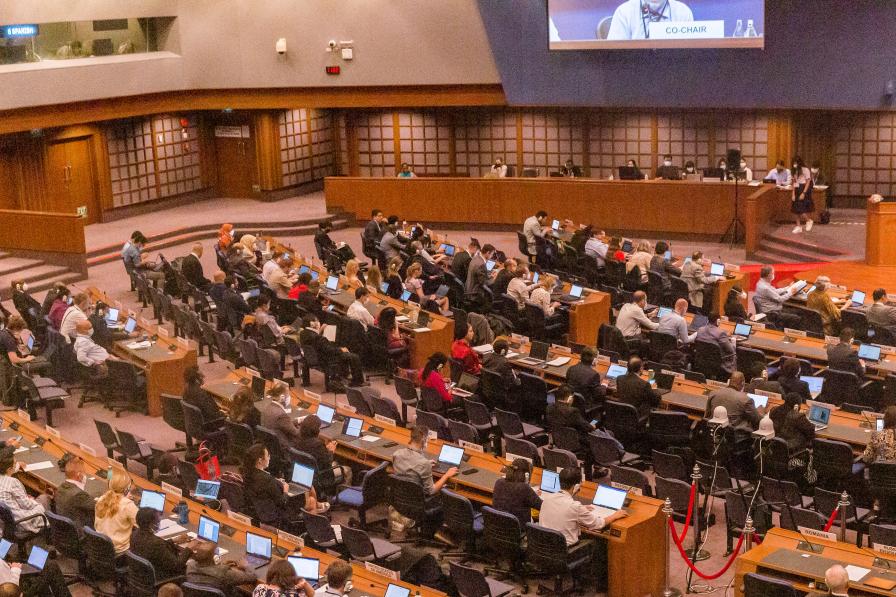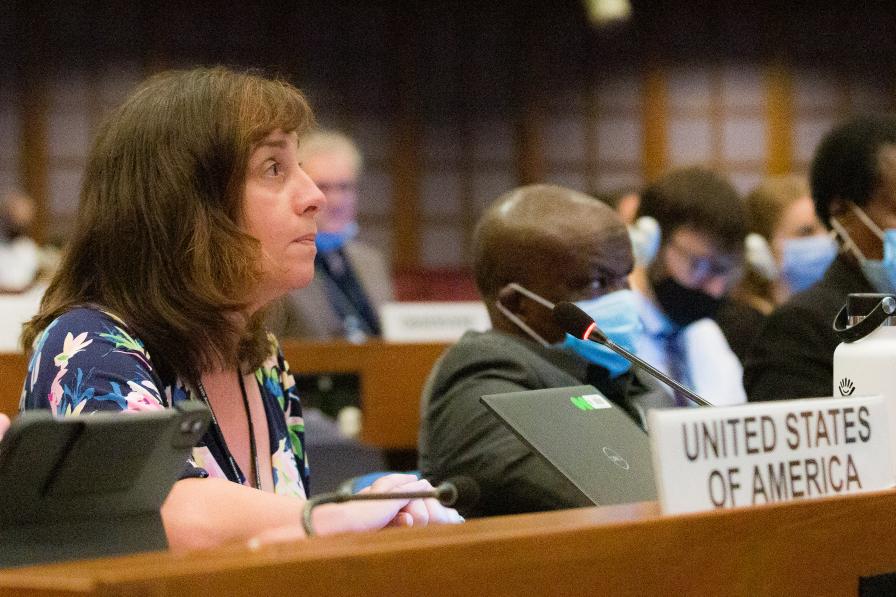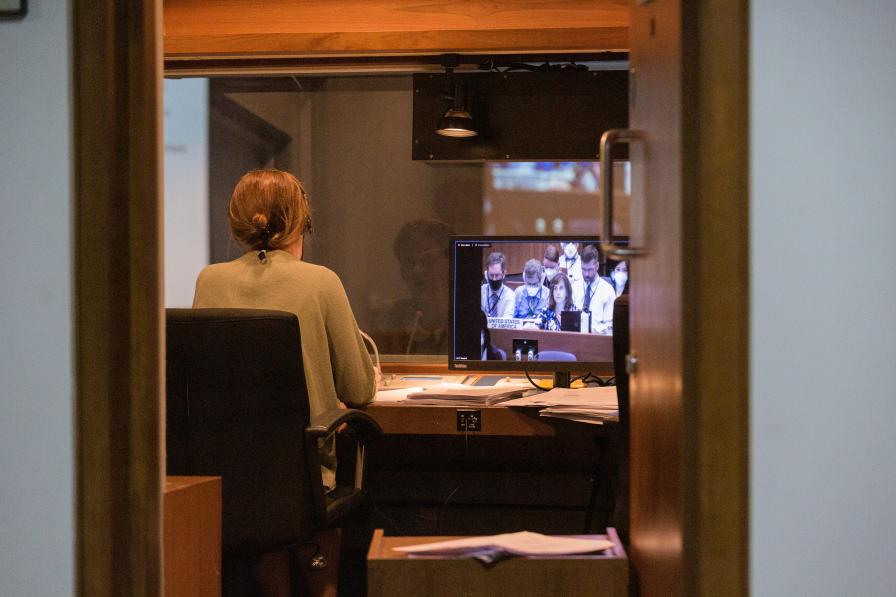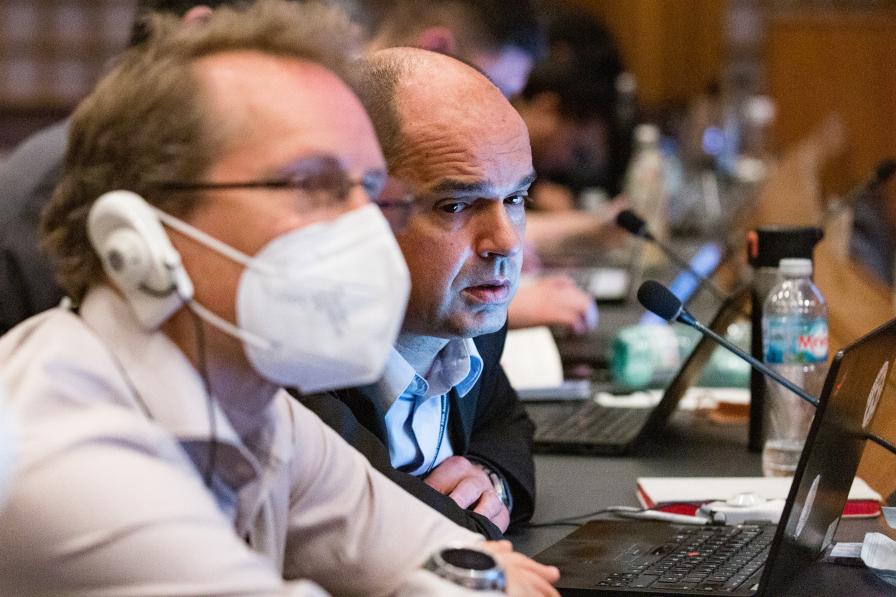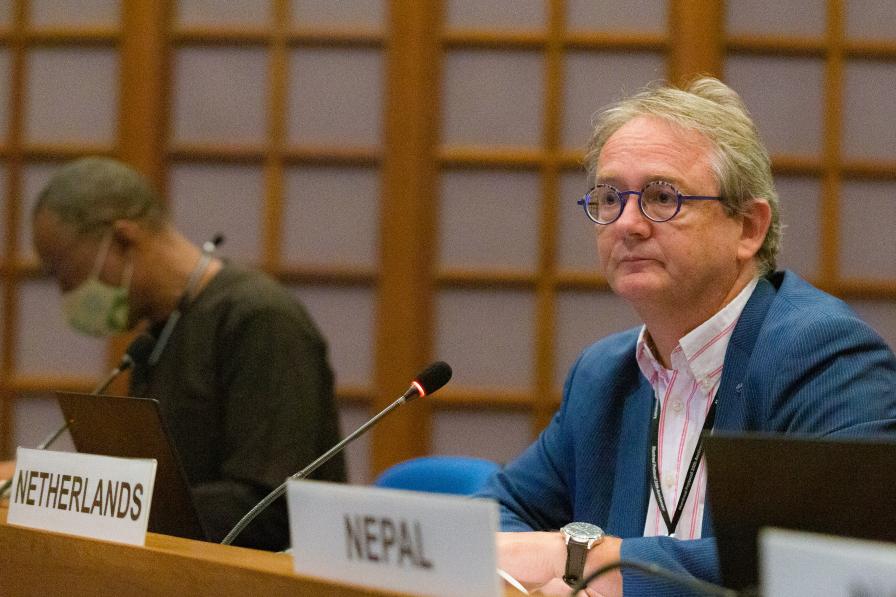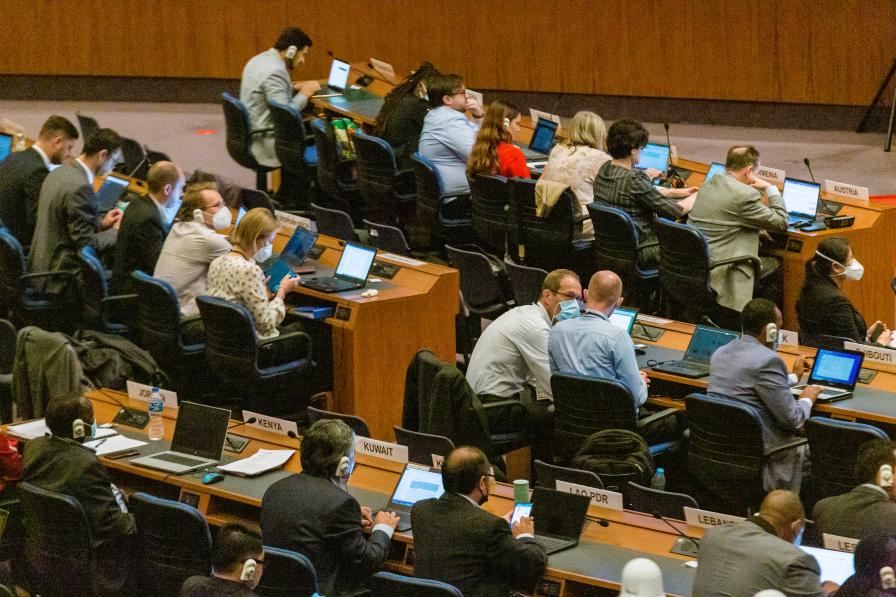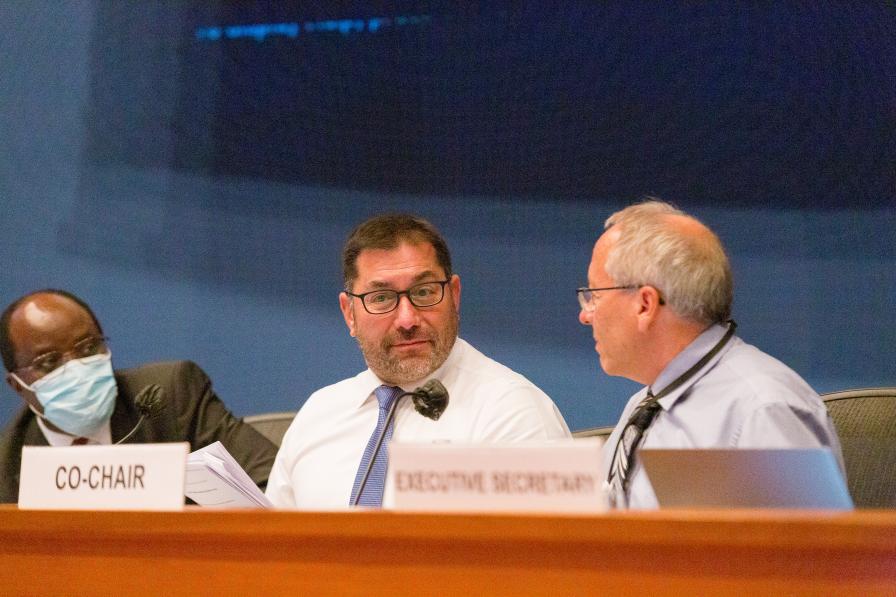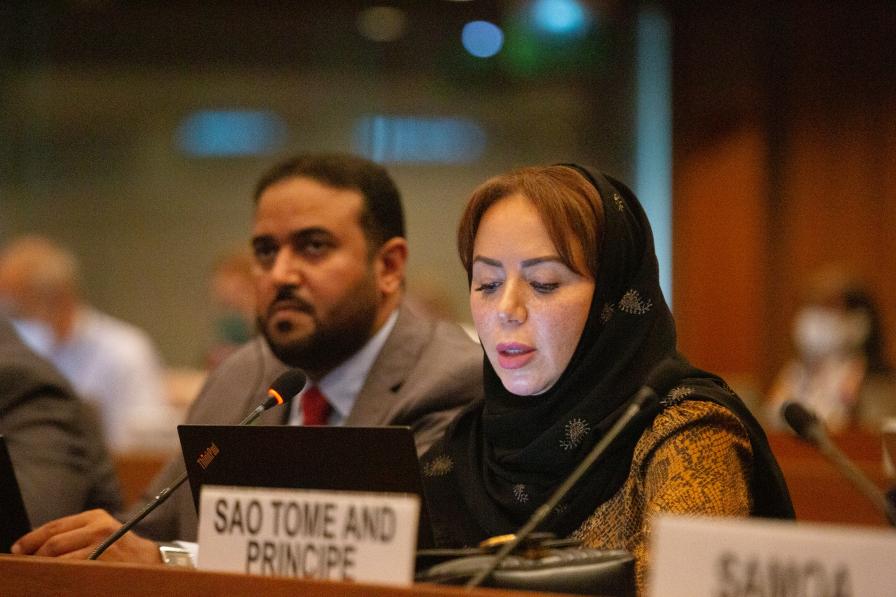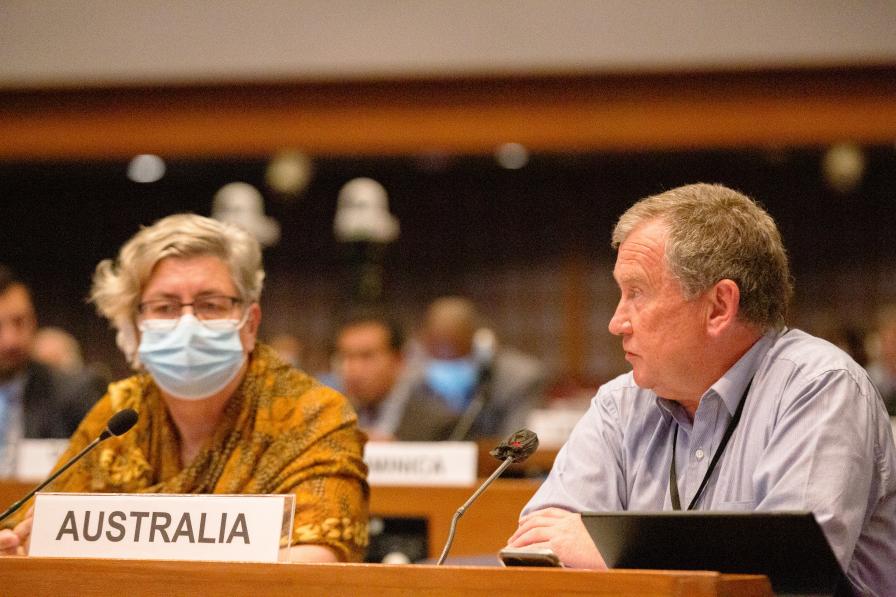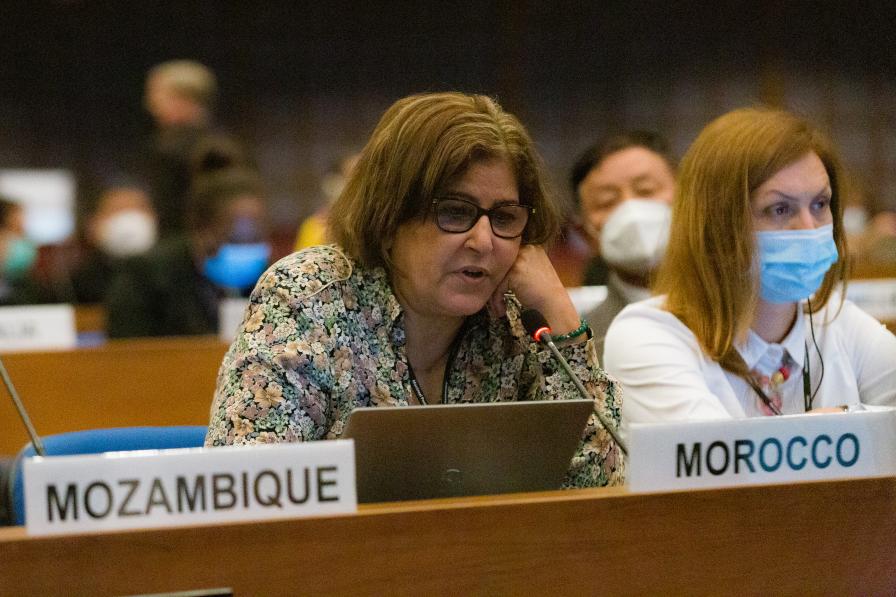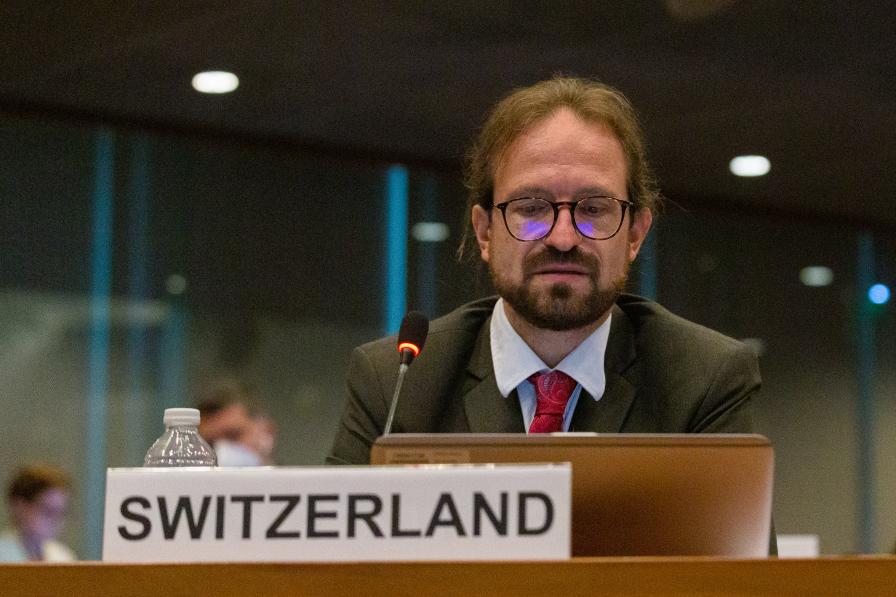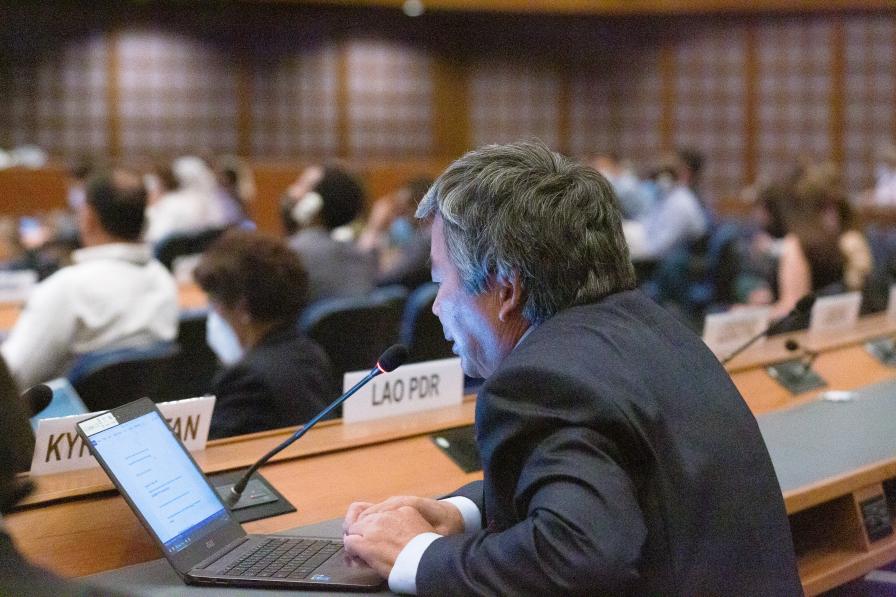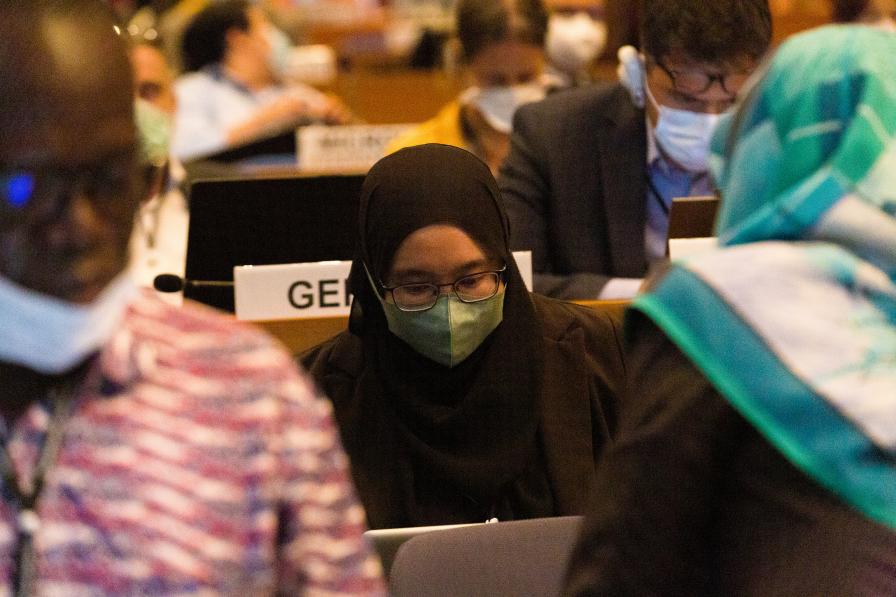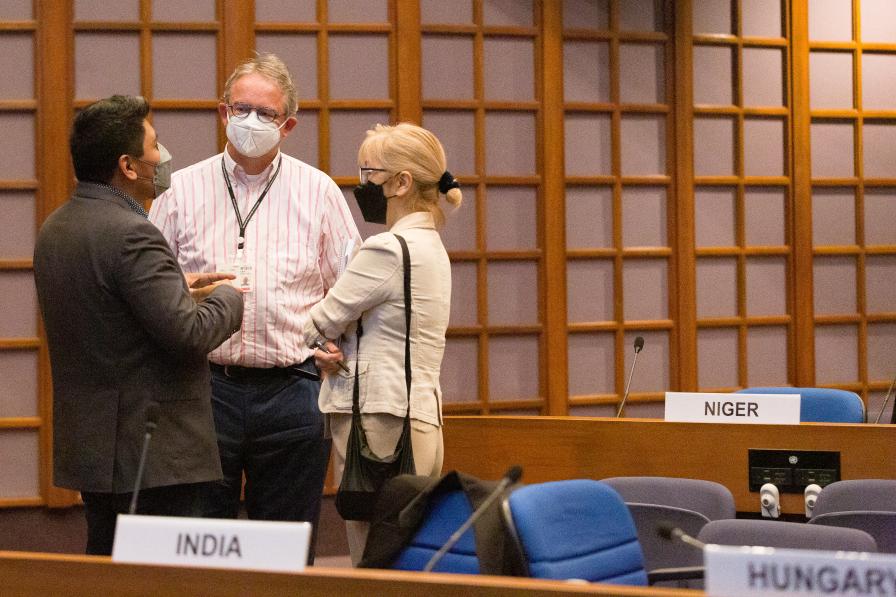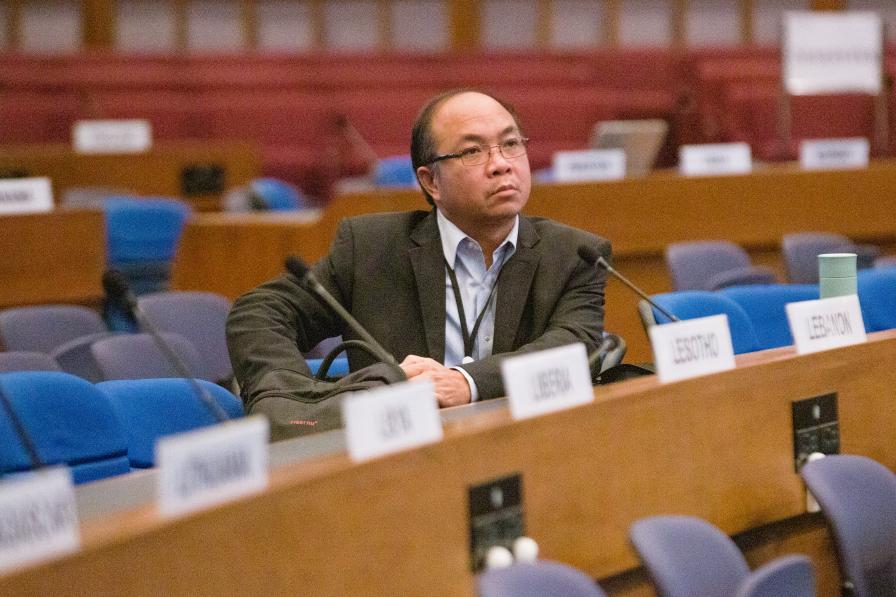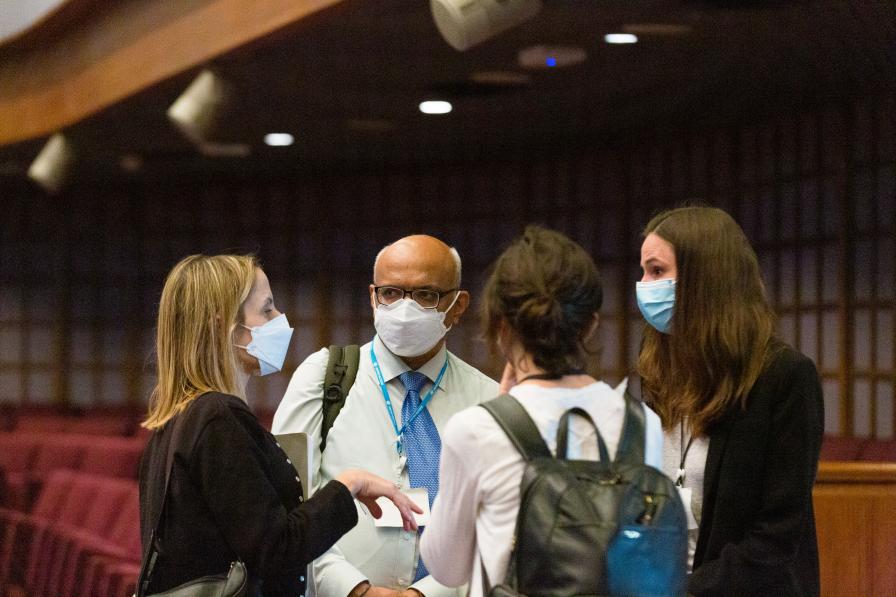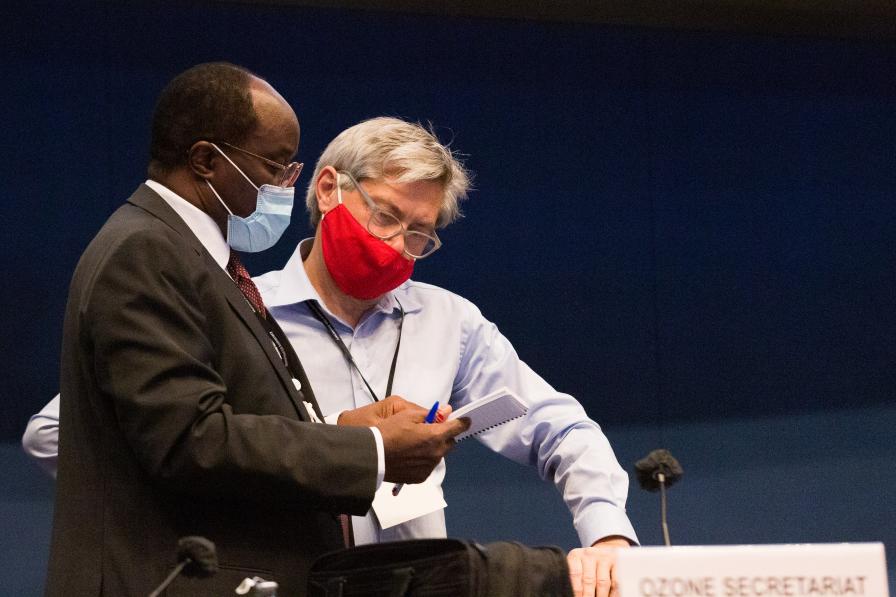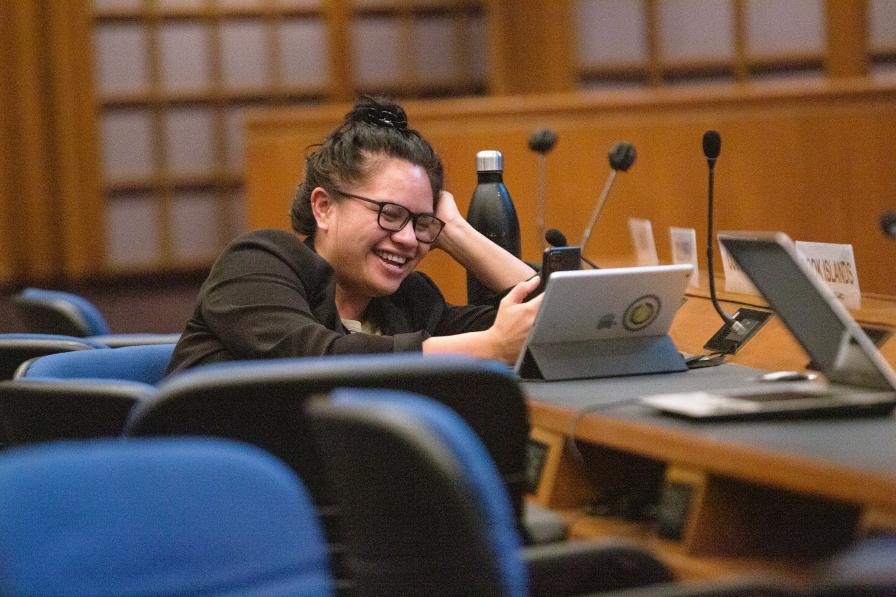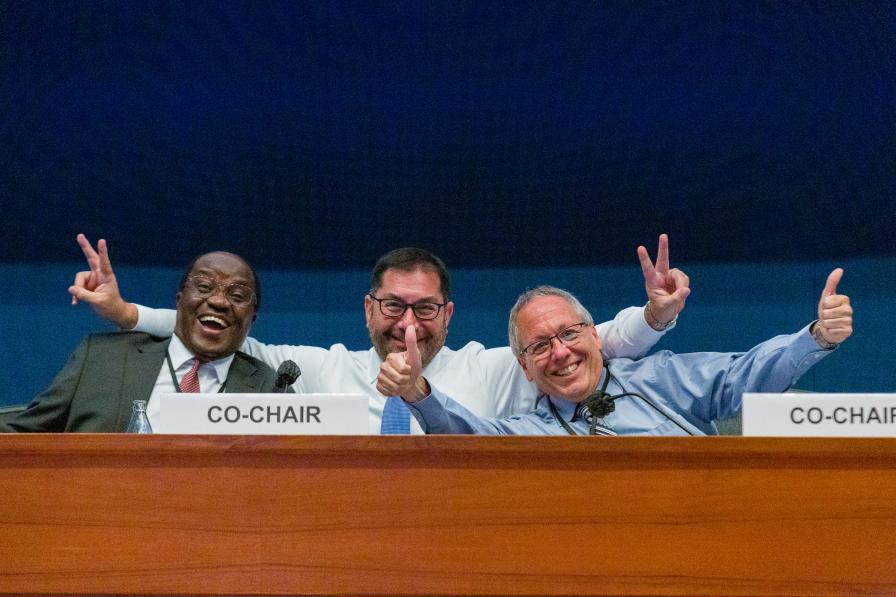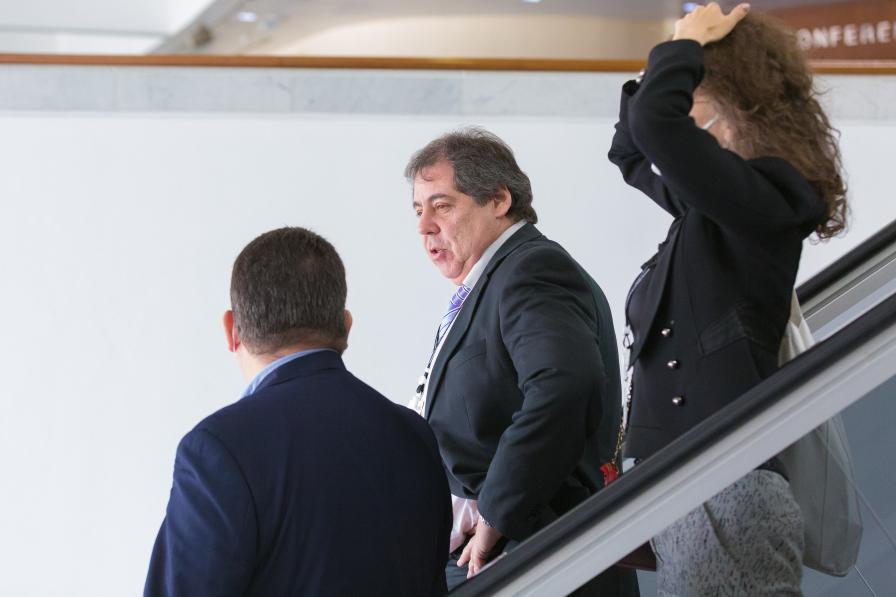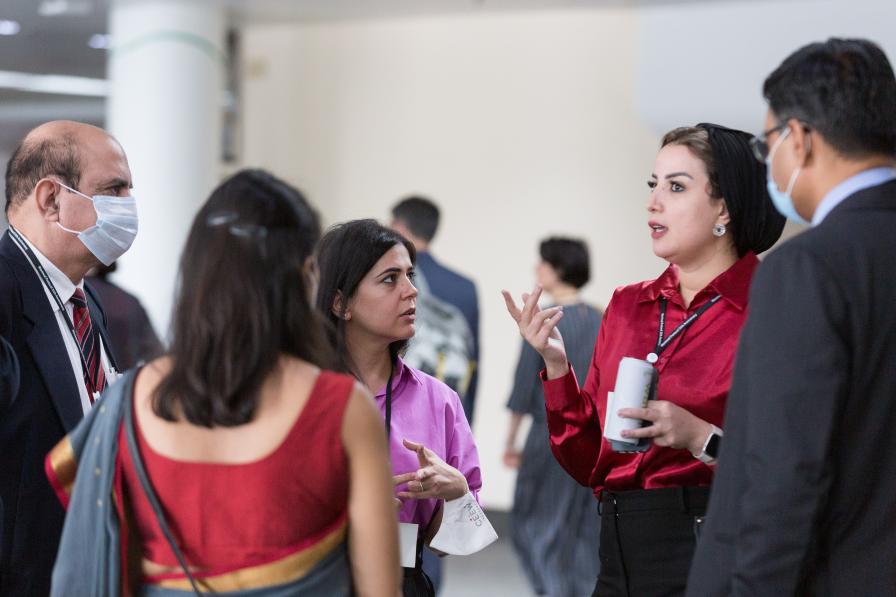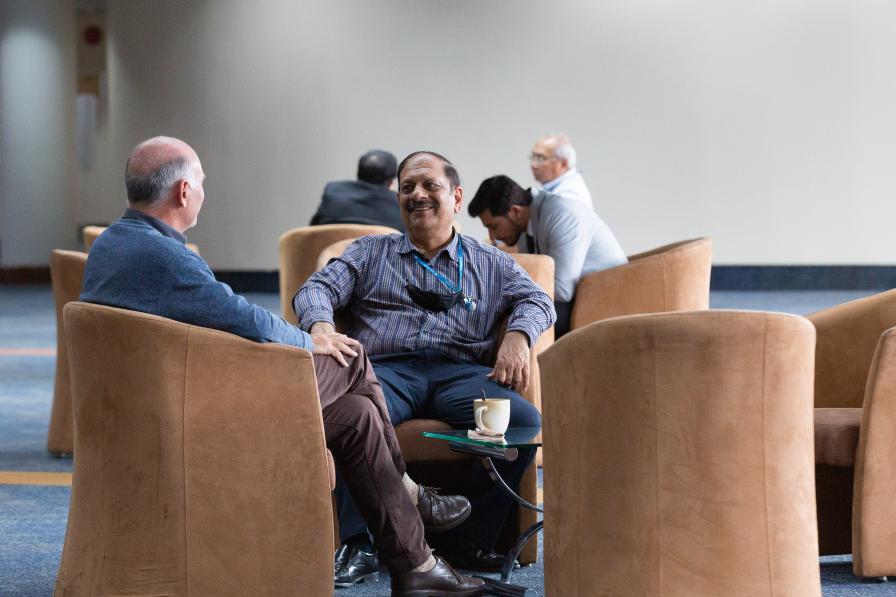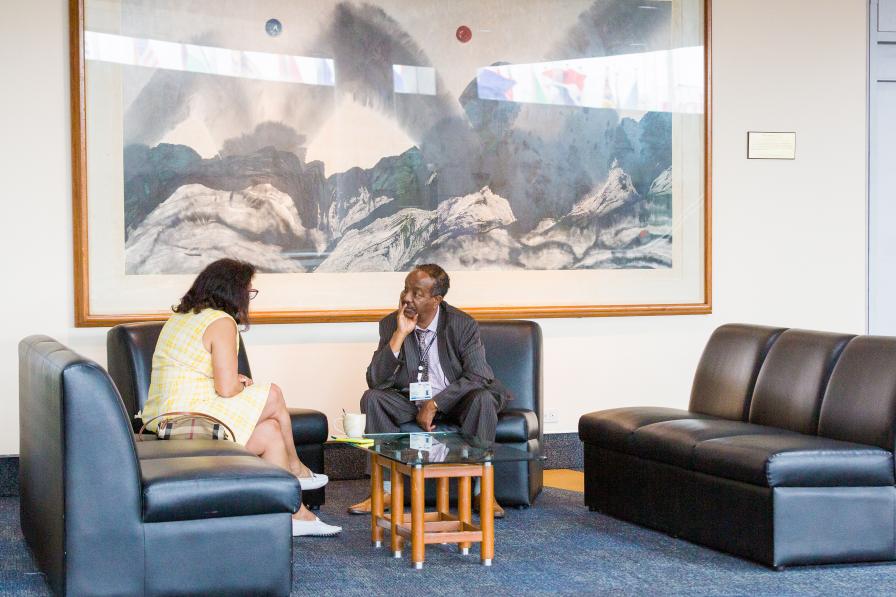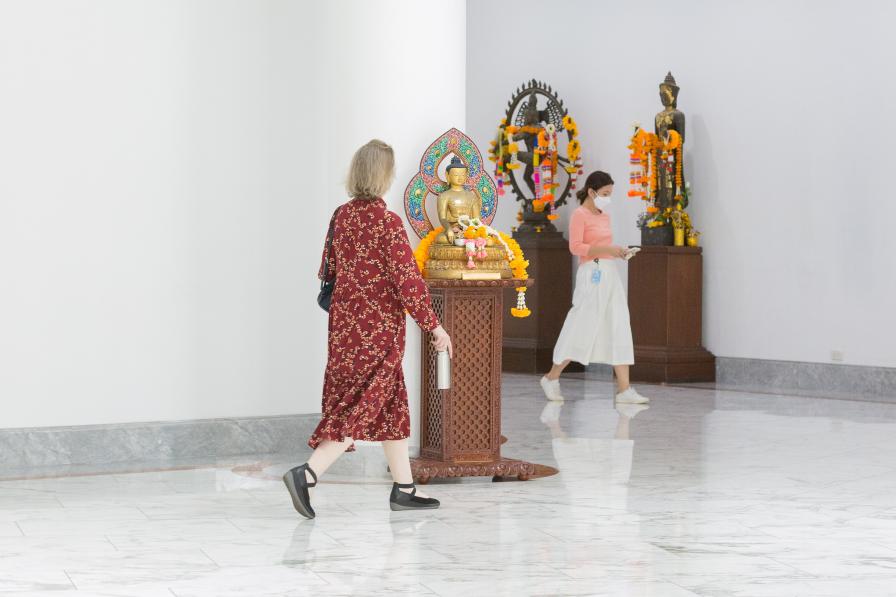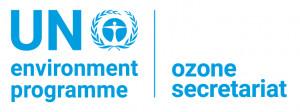The phasedown of hydrofluorocarbons (HFCs) was top of the agenda on Wednesday at the 44th Meeting of the Open-ended Working Group of the Parties to the Montreal Protocol (OEWG-44).
Many parties spoke in favor of Morocco’s proposal to restructure the Montreal Protocol’s Technology and Economic Assessment Panel (TEAP) and its different Technical Options Committees (TOCs) to ensure they continue to work well in facing newer challenges: supporting goals on the HFC phasedown; and enhancing uptake of energy-efficient technologies with low global warming potential. “The sustainability of TEAP relates to balance and renewal,” said one delegate, who also called for increasing the inclusion of experts from Article 5 countries. A contact group was established for more detailed discussions on this issue.
Attention then focused on a proposal by the EU to improve knowledge about existing stocks of methyl bromide, used in certain circumstances for pest management. Norway, a co-sponsor of the proposal, highlighted the need for a speedier transition to alternatives. The US, Australia and India expressed concern over increasing the reporting burden for countries. The US proposed continuing to discuss this issue bilaterally to develop a “narrower and more focused” proposal, reminding parties that methyl bromide is allowed for certain quarantine and pre-shipment purposes in order to avoid the environmental and economic damage from pests.
Parties also discussed the need to address emissions of another ozone-depleting substance, carbon tetrachloride, in view of discrepancies in the reported data. A contact group was established to consider a proposal put forward by Switzerland.
In the afternoon, parties discussed a proposal by Armenia for countries in Eastern Europe and Central Asia to be permanently represented on the Executive Committee (ExCom) of the Multilateral Fund (MLF) for the Implementation of the Montreal Protocol. This proposal was first submitted at OEWG-41 and also considered at MOP 31, but no agreement was reached. The proposal's proponents lamented that the countries of Eastern Europe and Central Asia could only participate in the ExCom once every four years, and urged consideration of the proposal. Several parties opposed the proposal because it implied increasing the number of seats on the ExCom, and also raised questions about follow-on pressure from other regions currently not represented, as the Mozambique delegate stated: “If you open the window in one region, you should do the same in other regions.”
Towards the close of the day, delegates discussed how best to honor the scientists whose work on the Antarctic ozone hole first brought this issue to the world’s attention and laid the foundation for the Montreal Protocol. There may be a declaration in the works. After the plenary closed, the contact group on replenishment and the informal group on Montreal Protocol processes continued their deliberations into the evening.
All ENB photos are free to use with attribution. For this meeting, please use: Photo by IISD/ENB Ash Appleton
To receive free coverage of global environmental events delivered to your inbox, subscribe to the ENB Update newsletter.

